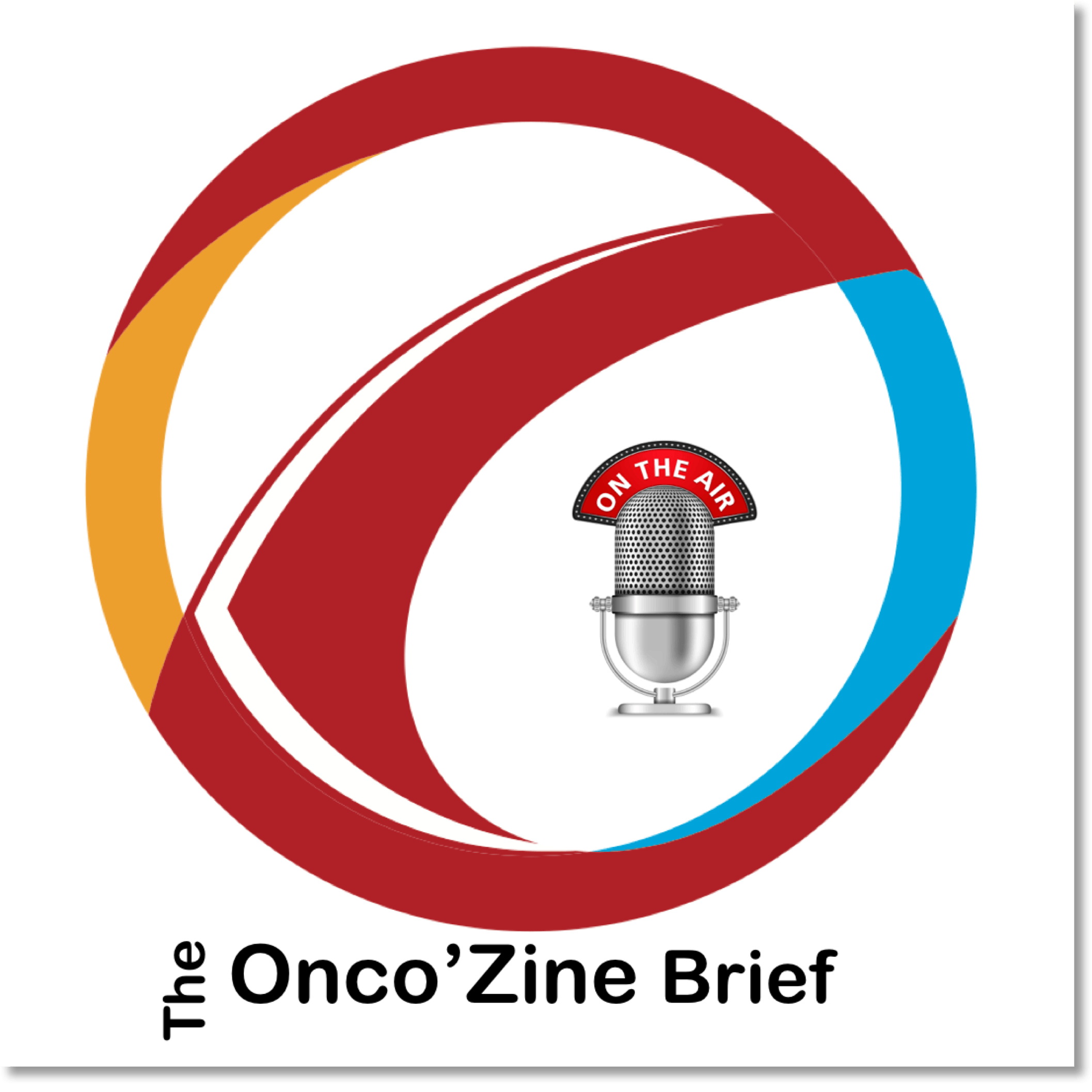In this edition of The Onco’Zine Brief, recorded during the Annual Meeting of the American Society of Clinical Oncology (ASCO), held in Chicago, Illinois, June 1 – 5, 2018, Peter Hofland and Sonia Portillo talk with Michael Pehl, President and Chief Executive Officer of Immunomedics, a leading biopharmaceutical company in the area of antibody-drug conjugates (ADC).
At this year’s ASCO meeting, nearly 40,000 attendees gathered to discuss the growing body of data on advanced, difficult to treat diseases that do not have many treatment options.
Hofland and Portillo speak with Pehl about some of the exciting developments that are taking place at this year’s meeting, including some of the data that his company presented about advancements in the development of targeted anti-cancer drugs such as antibody-drug conjugates.
Traditional chemotherapy often fails to treat advanced or metastatic forms of cancer. This is because while chemotherapy disrupts tumors, it also harms other, healthy cells. In turn, this makes it difficult to deliver a potent anti-cancer drug, without causing too much harm to healthy cells.
Antibody-drug conjugates on the other hand, are a form of targeted anti-cancer drugs that are able to target tumors cells, while sparing healthy cells. This means that more of an anti-cancer drugs can be delivered to the tumor, with less side effects.
However, developing successful antibody-drug conjugates has remained a challenge for several decades. And to date only 4 different antibody-drug conjugates have been approved for the treatment of various forms of cancer.
Hofland and Portillo ask Pehl how antibody-drug conjugate can be used for the treatment of advanced or metastatic triple negative breast cancer, a form of breast cancer that occurs in about 10% – 20% of all cases of breast cancer.
In this type of cancer, the tumor cells lack the expression or amplification of targetable biomarkers, such as receptors for estrogen, progesterone, and human epidermal growth factor receptor 2, also known as HER2. Because in this type of cancer the cancer does not have the most common types of receptors known to fuel most cancer growth, common treatments like hormone therapy and drugs that target estrogen, progesterone, and HER2 are ineffective.
Hence the name, triple negative.
Using chemotherapy to treat triple negative breast cancer is still an effective option. In fact, triple negative breast cancer may respond even better to chemotherapy in the earlier stages than many other forms of cancer.
But this type of cancer is extremely hard to treat, and – generally – has a poor prognosis. As many as 50% of patients diagnosed with early stage triple-negative breast cancer – that is stages 1 to 3 – experience disease recurrence, and 37% of patients die in the first 5 years after surgery.
And while, as mentioned earlier, patients with metastatic or advanced triple-negative breast cancer may respond to chemotherapy, they do not always respond very well to traditional chemotherapy. These patients typically see a median progression free survival of only 3 to 4 months after failure of first-line of chemotherapy.
Now, who are at risk for Triple negative breast cancer?
As mention earlier, the disease occurs in about 10-20% of patients diagnosed breast cancers. The disease is also more likely to affect younger people, African Americans, Hispanics, and/or those with a BRCA1 gene mutation. In general, triple negative breast cancer can be more aggressive and difficult to treat.
Also, the cancer is more likely to spread and recur. The stage of breast cancer and the grade of the tumor will influence the prognosis. For anti-cancer drug developers and oncologists treating this type of breast cancer, triple negative breast cancer is a major unmet medical need.
To try meet this need, Immunomedics recently submitted a Biologics License Application (BLA) to the U.S. Food and Drug Administration (FDA) for a new antibody-body drug conjugate for the treatment of patients with advanced or metastatic triple negative breast cancer who previously received at least two prior therapies for metastatic disease.
Hofland and Portillo speak with Dr. Pehl about some of the latest data his company presented about a first-in-class drug – and how precision medicines for cancer, including antibody-drug conjugates, can be used for the treatment of advanced or metastatic triple negative breast cancer.


